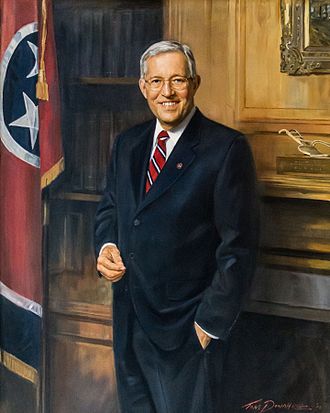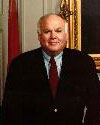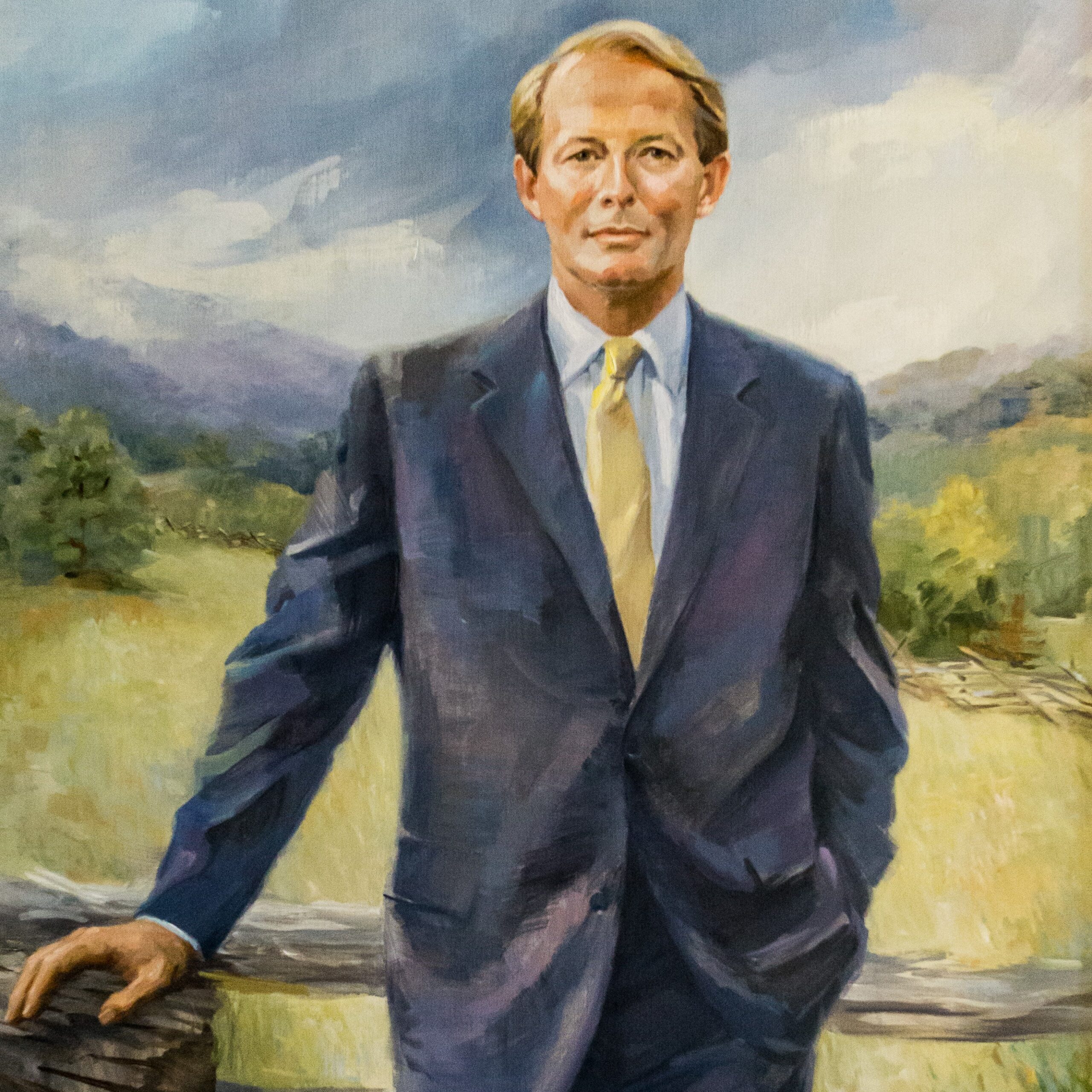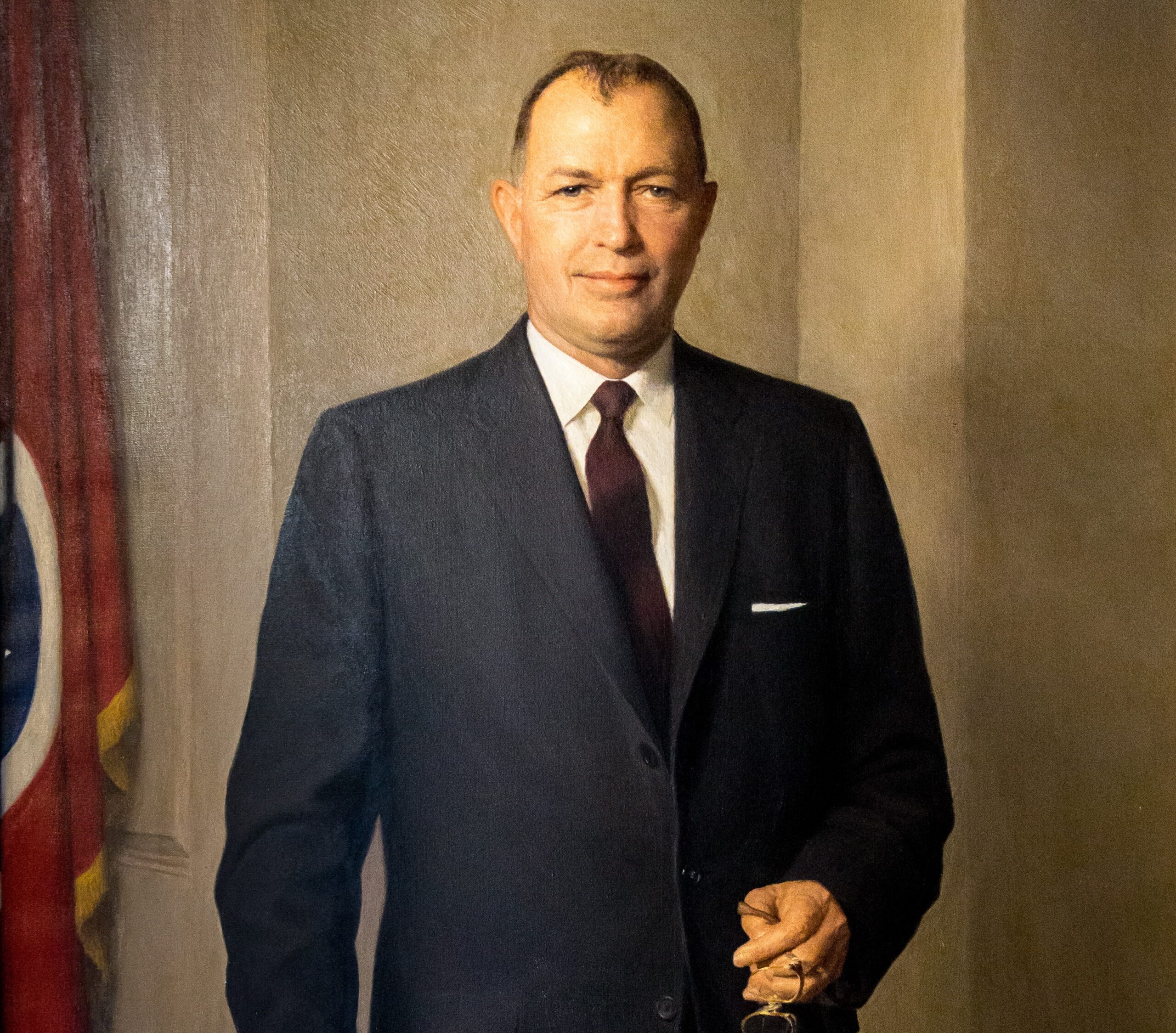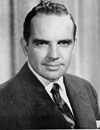This website uses cookies so that we can provide you with the best user experience possible. Cookie information is stored in your browser and performs functions such as recognizing you when you return to our website and helping our team to understand which sections of the website you find most interesting and useful. Please see our privacy policy for more information.
Tennessee
Gov. Peter Turney
- January 16, 1893 - January 21, 1897
- Democratic
- September 27, 1827
- October 28, 1903
- Tennessee
- Married twice--Cassandra Garner, Hannah F. Graham; twelve children
- Army
About
Born in Jasper, Tennessee, PETER TURNEY moved with his family to Winchester at an early age. He studied law under his father, a distinguished U.S. Representative and Senator, and was admitted to the Bar in 1848. In 1860 he was an alternate elector on the Democratic presidential ticket of Breckinridge and Lane, and when Republican Abraham Lincoln was elected, Turney became an advocate of southern independence. In 1861 he was elected delegate from Franklin County to the proposed convention called to consider secession. When secession was defeated by popular vote, the citizens of Franklin County adopted an ordinance withdrawing from Tennessee and attaching to Alabama. Turney then raised a regiment of volunteers-the First Tennessee Infantry-and offered its services to the Confederate government. The First Tennessee Infantry, led by Turney as Colonel, went on to serve with the Army of Virginia throughout the Civil War. When the war ended, Turney returned to his law practice but gave it up after accepting a place on the Tennessee Supreme Court. Defeated for a U.S. Senate seat in 1876, he was reelected to the state Supreme Court twice, becoming Chief Justice in 1886. In the gubernatorial election of 1892, Democrats dissatisfied with the administration of incumbent John Buchanan-who had been chosen two years earlier to represent the Populist-Farmers’ Alliance-supported Turney against him, and Turney went on to win the election handily. His reelection two years later did not go as smoothly, however. His Republican opponent led by roughly 700 votes in the unofficial tally, but for one month after the election the Secretary of State withheld the official results-showing a Republican win by 748 votes. Democrats charged Republican fraud, and Republicans countered with charges of their own against the Democratic Party. The state legislature undertook an investigation of the matter and ultimately declared Turney the winner. The fallout from this disputed election, combined with the rise of a younger generation of Democrats with fewer ties to the Civil War, was a liability to Turney’s second term in office. When the term ended, Turney returned to Winchester to resume his law practice.
Source
The National Cyclopaedia of American Biography, Vol. 7. New York: James T. White & Company.
Philips, Margaret I. The Governors of Tennessee. Gretna, LA: Pelican Publishing Company, 2001.
Sobel, Robert, and John Raimo, eds. Biographical Directory of the Governors of the United States, 1789-1978, Vol. 4. Westport, CT: Meckler Books, 1978. 4 vols.
White, Robert H. Messages of the Governors of Tennessee, 1883-1899. Nashville: The Tennessee Historical Commission, Vol. 7, 1952.




